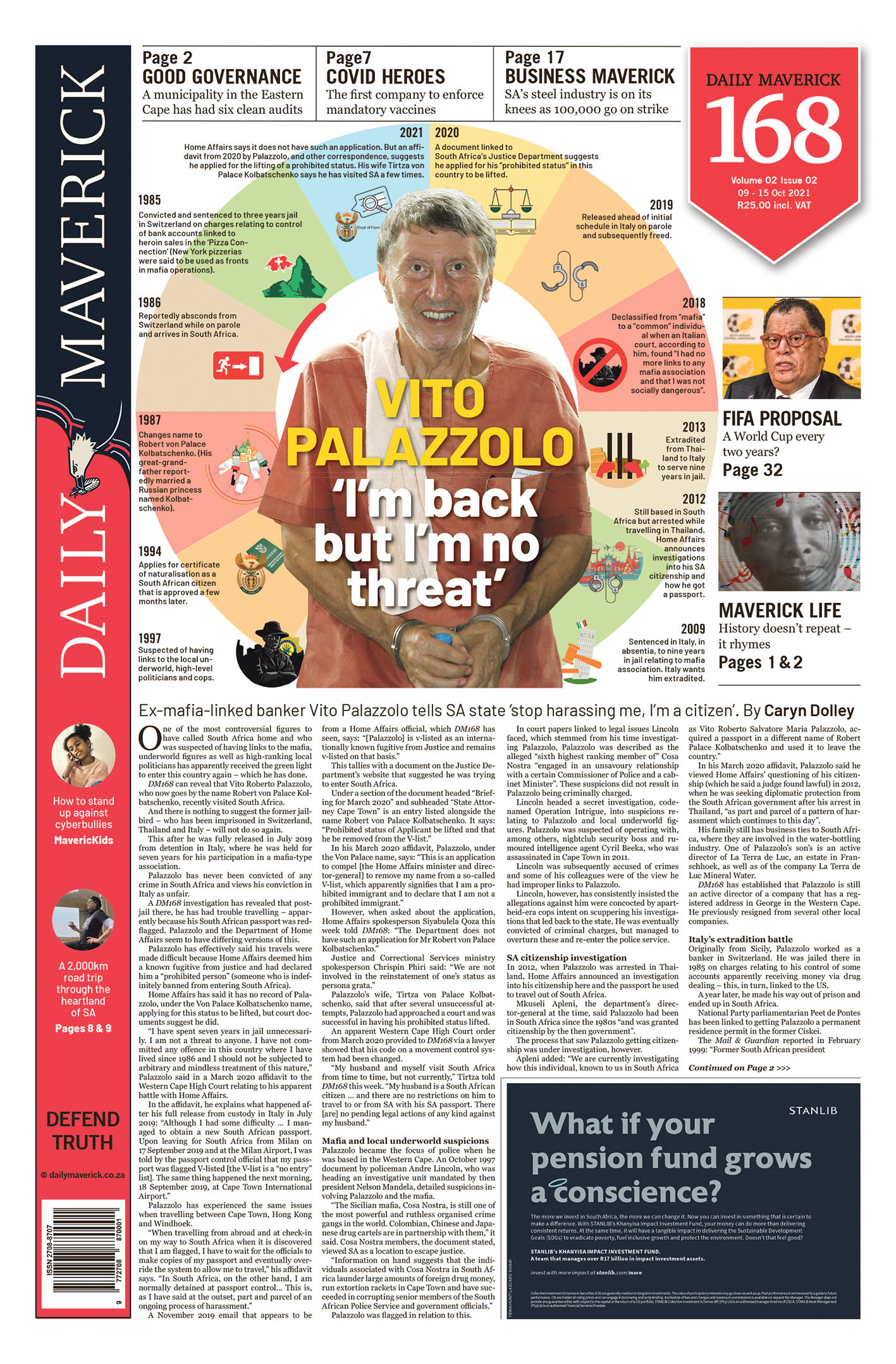The DA spends most of its time outside the elections pretty much ignoring black people and then, during elections, when seeking their votes (I’m not entirely sure why), produces a series of initially comically out-of-touch campaigns such as the video of the Bonteheuwel councillor superhero, clubbing together all the clichés about coloured people in one. And the inflammatory and racially divisive posters in Phoenix.
The party’s recent showing of election posters in Phoenix should make us ask whether our political leanings are coming at the expense of the next person and how it is that we now celebrate and make a mockery of the deaths of people. Or is it that it’s people whose bodies we don’t think are mournable? When did we start valourising vigilantism and killing?
The ever delightful John Steenhuisen, when asked by a reporter if he knew Mondli Majola, who was killed during the Phoenix unrest, joked carelessly, “No, I have no idea who he is; is he a friend of yours?” to a rather macabre chorus of laughter from his entourage. He expressed not an ounce of sensitivity for Majola’s death and doubled down on defending the messaging of the posters, saying that the people referred to as heroes in the posters “defended the rule of the law, defended the Constitution and defended their lives and livelihoods. Those are heroes.”
When our democracy was birthed, our Constitution guaranteed everyone’s right to life, a step that was taken even further by abolishing the death penalty, underscoring the sacredness of human life. It was the 1995 Constitutional Court judgment of S v Makwanyane and Another that declared that capital punishment was in contravention of the Constitution and was therefore abolished. So it seems to me that Steenhuisen needs to dust off his Constitution and reread it.
When we start celebrating the killing of people, I am wary that we are on a very slippery slope that could see us back in a very dark time in the country. In essence, we have to ask ourselves if our values and those of the political parties we choose to support are aligned with the Constitution.
The context within which the unrest in Phoenix took place did not happen in a vacuum; there were racially charged political brewings that exploited an already volatile community and the DA is only further entrenching those racial tensions.
Political office is a great responsibility and cannot be taken lightly because it is to give of yourself in service of your country and so you are held to a higher moral standard because you hold the hopes and aspirations of the country’s people in your hands. We are people first before we hold political beliefs.
The one argument that does not hold water is the one that points at the failings and misdeeds of other political parties in order to justify morally bankrupt behaviour, in other words: “This party did this unacceptable thing so we will do an even worse unacceptable thing.” Surely the bar should be higher than this for the people who are hoping to be put in charge of the country?
I often find it a useful exercise to examine the feelings that one experiences when certain incidents take place and ask questions. In this instance, the questions would be: “When you saw the posters did you agree with the DA’s assertion or were you affronted by them and why?” “Do you feel the people killed by the vigilantes deserved to die and why?” “Is the wording of those posters bringing the community together or dividing them and why?”
It is unsurprising that in times of turmoil and lawlessness an elevated sense of self-preservation kicks in. However, when others seek to exploit this you must ask why. Where was the DA during the unrest that took place in KwaZulu-Natal and what decisive action or words to quell the waters and calm the community did it put forward?
It is therefore important that when seeking to appoint leadership, we look for qualities that seek to build and not exploit, to include and not marginalise, to be conciliatory and not antagonistic, and that are firm in the face of injustice without invalidating people’s right to life and dignity.
Well-known Nigerian-American author Teju Cole once said: “We may not be able to attend to each outrage in every corner of the world, but we should at least pause to consider how it is that mainstream opinion so quickly decides that certain violent deaths are more meaningful, and more worthy of commemoration than others.”
What happened in Phoenix was tragic and should never be used to cheapen the lives of those who live in the community. DM168
This story first appeared in our weekly Daily Maverick 168 newspaper which is available for R25 at Pick n Pay, Exclusive Books and airport bookstores. For your nearest stockist, please click here.
[hearken id=”daily-maverick/8761″]


















 Become an Insider
Become an Insider
This is an important article at an important moment that reminds us of foundational ethical truths and underlines the importance of our Constitution. In these hyper-partisan times, you statement on leadership could not be more appropriate: “It is therefore important that when seeking to appoint leadership, we look for qualities that seek to build and not exploit, to include and not marginalise, to be conciliatory and not antagonistic, and that are firm in the face of injustice without invalidating people’s right to life and dignity.” Thanks Zukiswa.